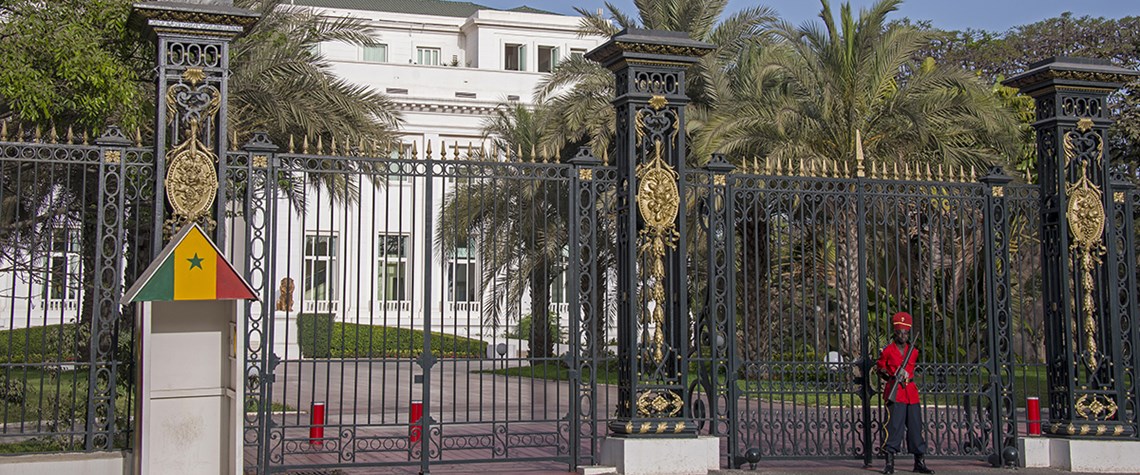Senegal—steady as she goes
A ministerial departure and a supermajor arrival reflect the rising stakes in West Africa's latest upstream player, but the president is playing it cool
Senegal is being well and truly blooded as a new oil and gas province. And as in the tradition of frontier exploration, the geopolitical risk is becoming murkier, as the list of discoveries grows. In the latest episode, the energy minister was sacked by President Macky Sall on the same day in early May that it was announced that France's Total had signed an agreement covering exploration and a production sharing contract for the 10,357 sq km Rufisque Offshore Profond block off the central Senegalese coast and would also assess the potential of Senegal's ultra-deepwater acreage. Total will hold a 90% stake in the block, with state oil company Petrosen taking the other 10%. Sall has given no r

Also in this section
17 February 2026
The 25th WPC Energy Congress, taking place in Riyadh, Saudi Arabia from 26–30 April 2026, will bring together leaders from the political, industrial, financial and technology sectors under the unifying theme “Pathways to an Energy Future for All”
17 February 2026
Siemens Energy has been active in the Kingdom for nearly a century, evolving over that time from a project-based foreign supplier to a locally operating multi-national company with its own domestic supply chain and workforce
17 February 2026
Eni’s chief operating officer for global natural resources, Guido Brusco, takes stock of the company’s key achievements over the past year, and what differentiates its strategy from those of its peers in the LNG sector and beyond
16 February 2026
As the third wave of global LNG arrives, Wood Mackenzie’s director for Europe gas and LNG, Tom Marzec-Manser, discusses with Petroleum Economist the outlook for Europe’s gas market in 2026







